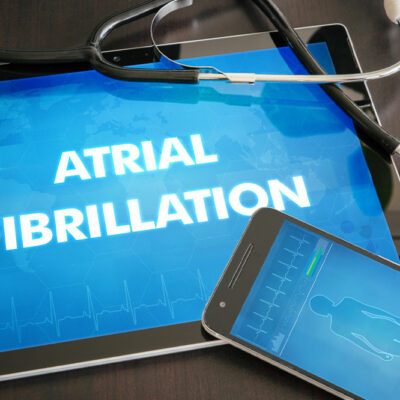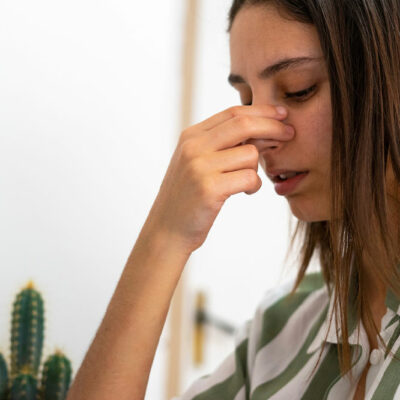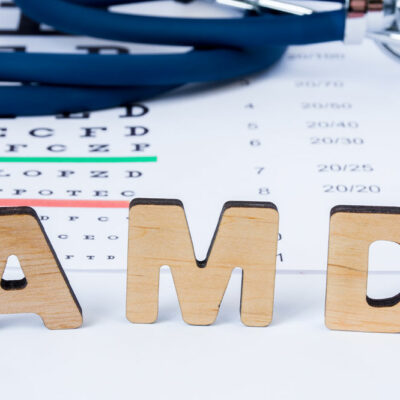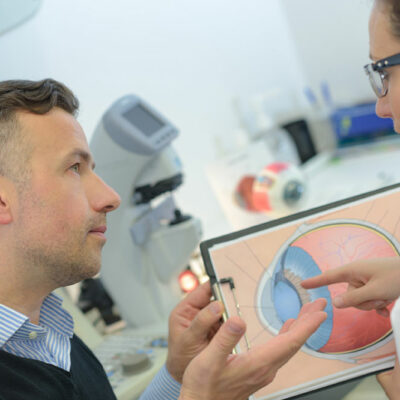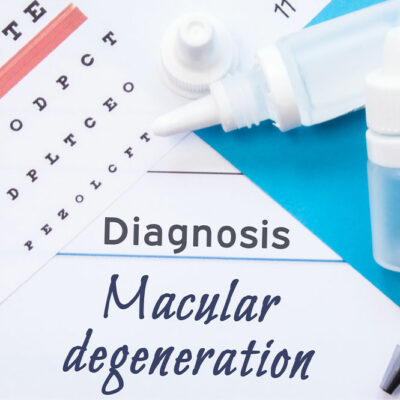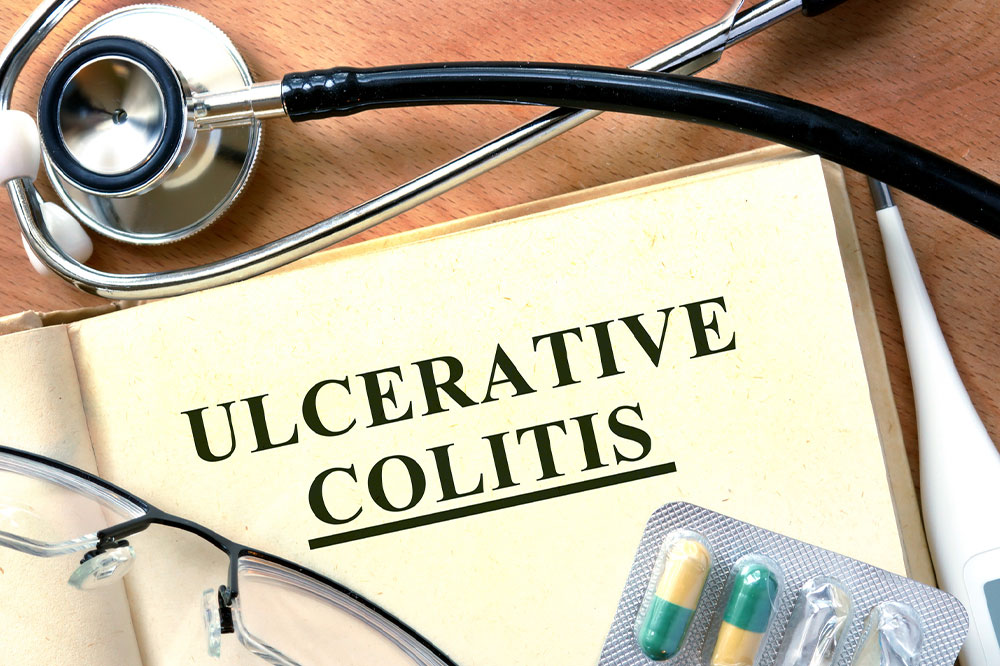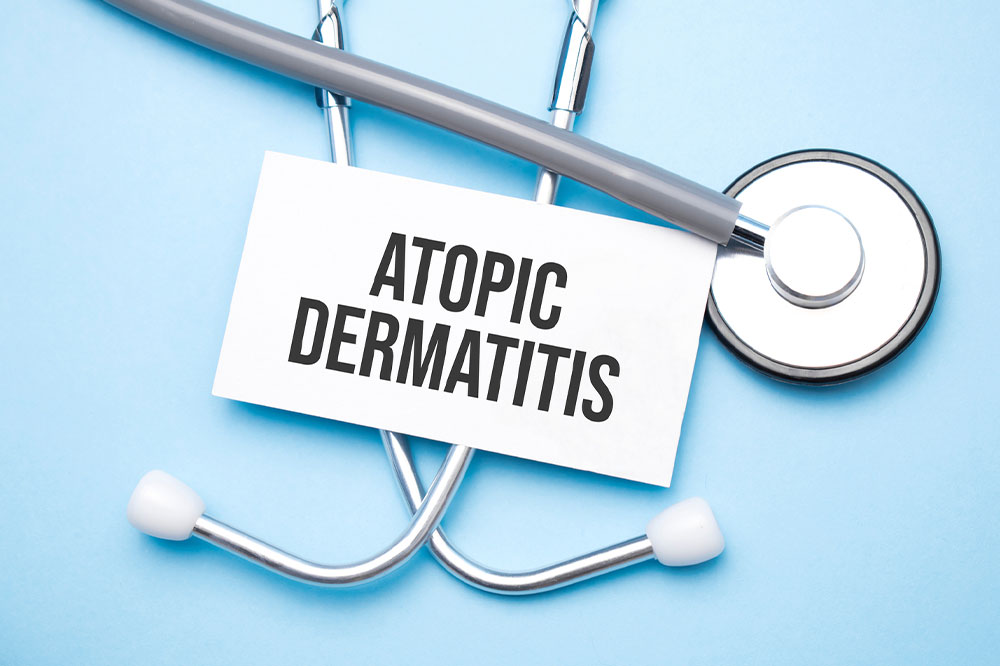Top 9 foods for managing macular degeneration

Macular degeneration is a condition in which the retina’s central portion (macula) deteriorates. The macula is responsible for recording images one sees before they are sent to the brain. Macular degeneration is the leading cause of vision loss, usually affecting people over 65. However, the condition can also develop in younger individuals due to genetic factors. One could make better food choices to manage the symptoms of this condition and improve eye health.
Salmon
Adding fish like salmon to one’s meal plan may significantly help improve eye health. Salmon is an excellent source of omega-3 fatty acids and proteins—essential nutrients that encompass each cell in the body. Moreover, salmon is rich in a type of omega-3 fatty acid called DHA, which is commonly found in the retina and the brain. Other fish varieties that may help maintain eye health include sardines, anchovies, and mackerel.
Broccoli
Multiple types of leafy green vegetables, including broccoli, can provide the necessary nutrients to maintain eye health. One can also choose other healthy veggies, like bell peppers and Brussels sprouts, that are rich in vitamins A, C, and E, which help the body fight and prevent cellular damage.
Carrots
One of the carrot’s primary benefits for people with age-related macular degeneration (AMD) is its antioxidant called beta-carotene. The antioxidant is converted to vitamin A by the body and used by the rods and cones of the eyes to improve vision, especially when it comes to perceiving light and color.
Pasture-raised eggs
Eggs are another great food source that one should add to their daily meals. Pasture-raised eggs contain B12, omega-3 fatty acids, vitamin A, zeaxanthin, lutein, and an amino acid called cysteine. Together, these nutrients are known to reduce the risk of AMD and cataracts.
Zucchini
Excessive exposure to UV and HEV rays may damage the retina and consequently increase one’s risk of developing macular degeneration. Zucchini is rich in lutein and zeaxanthin, which may help protect the retina from damage caused by the sun’s ultraviolet rays. Its properties can also help prevent damage caused by high-energy visible (HEV) light. So, people with this eye condition should consider adding Zucchini to their daily meals.
Orange peppers
Peppers are considered to improve eye health. Orange peppers contain the carotenoid zeaxanthin, which is known to improve pigment density in the macula. It can also help reduce the risk or slow the progression of some forms of macular degeneration. The pepper is also rich in vitamins C and E, which are essential nutrients for better eye health.
Chicken
Skinless chicken is rich in the mineral zinc, so adding chicken to one’s daily meals may have a positive impact on their overall vision. Other meat sources that are great for eye health include pork, liver, and liver. One should also consider adding turkey and ostrich meat to their meals as the bird meats can enrich the body with niacin—a B vitamin known to protect against cataracts.
Garlic
Garlic is a herb that several individuals use to manage various diseases. As for macular degeneration, the food contains sulfur, which is important for producing glutathione. This is a protein that works as an antioxidant to naturally protect the lens of the eye. Adding garlic to foods can help one manage conditions like glaucoma, cataracts, and macular degeneration.
Tomato
Adding tomatoes to meals can boost the body’s lycopene and lutein levels—carotenoids known to benefit vision. Moreover, lycopene is known to protect the eyes from sun damage. Tomatoes are also rich in vitamin C, which is an essential nutrient for maintaining eye health.
Lifestyle changes
Making better food choices and choosing eye-friendly foods can help one deal with the effects of macular degeneration; however, one should also make a few lifestyle changes to manage the condition. Here are a few simple modifications one can make:
Exercise regularly: Exercise is great for one’s overall health and can also improve eye health. Studies show that exercising at least three times a week may reduce the risk of developing a form of AMD by about 70%. Further, opting for cardiovascular routines can help prevent inflammation and abnormalities in the blood vessel walls linked with choroidal neovascularization in wet AMD. Simple exercises like walking may help reduce the risk of developing the disorder.
Limit exposure to UV rays: Exposure to high levels of sunlight and ultraviolet light increases the risk of developing age-related macular degeneration. So, one should take the necessary precautions to limit sun exposure. To shield one’s eyes while stepping out, one can use sunglasses that offer 100% ultraviolet light protection. One should also choose close-fitting and wrap-around sunglasses to minimize direct UV exposure.
Schedule regular eye exams: The human body is frequently at risk of developing illnesses, especially due to infections brought on by bacteria and viruses. So, one should schedule regular health check-ups and appointments with an expert to identify any irregularities, including those in their vision. By identifying potential problems early, one can take the necessary precautions to prevent or better manage any eye conditions.
Use magnifiers: People with diminished vision as a result of macular degeneration should use magnifying devices like hand-held magnifying lenses and glasses to read text. A closed-circuit television system that uses a video camera to magnify reading material and then project it on a video screen is another tool that can be adopted by those with eye conditions to avoid straining their eyes.
Consider joining a support group: Those with eye disorders may need to learn how to participate in regular activities with their limited vision and can often avoid certain activities that they used to enjoy. Joining a support group can help one feel comfortable and deal with their symptoms. Here, people with similar conditions talk about dealing with challenges unique to those with macular degeneration and how to overcome them. So a support group may help one pick up on ways to cope with the condition and find solutions to everyday problems.
